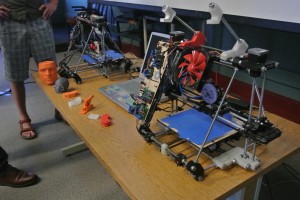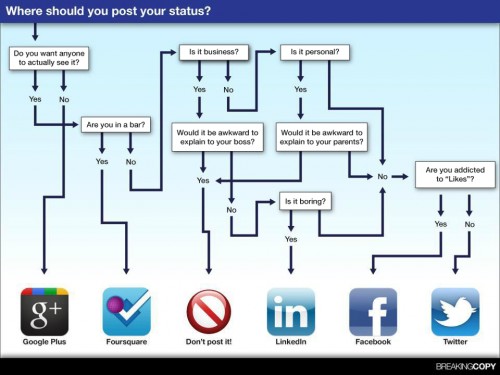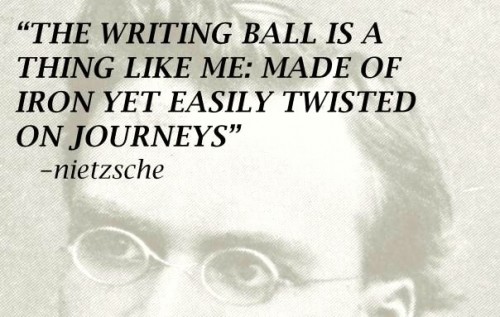Just some of my favorite quotes from what I read this past week on tech&society:
“As people become brands, we expect not friendship from them but customer service”
“I’m left wondering why we’re typing so breathlessly, like we’re all skydiving into prom”
“Are 3D printers ontological white holes that produce reality from their printer heads?”
“TED is an insatiable kingpin of international meme laundering”
“drones are the most anthropomorphized of killing machines…so easily endowed with human subjectivity”







